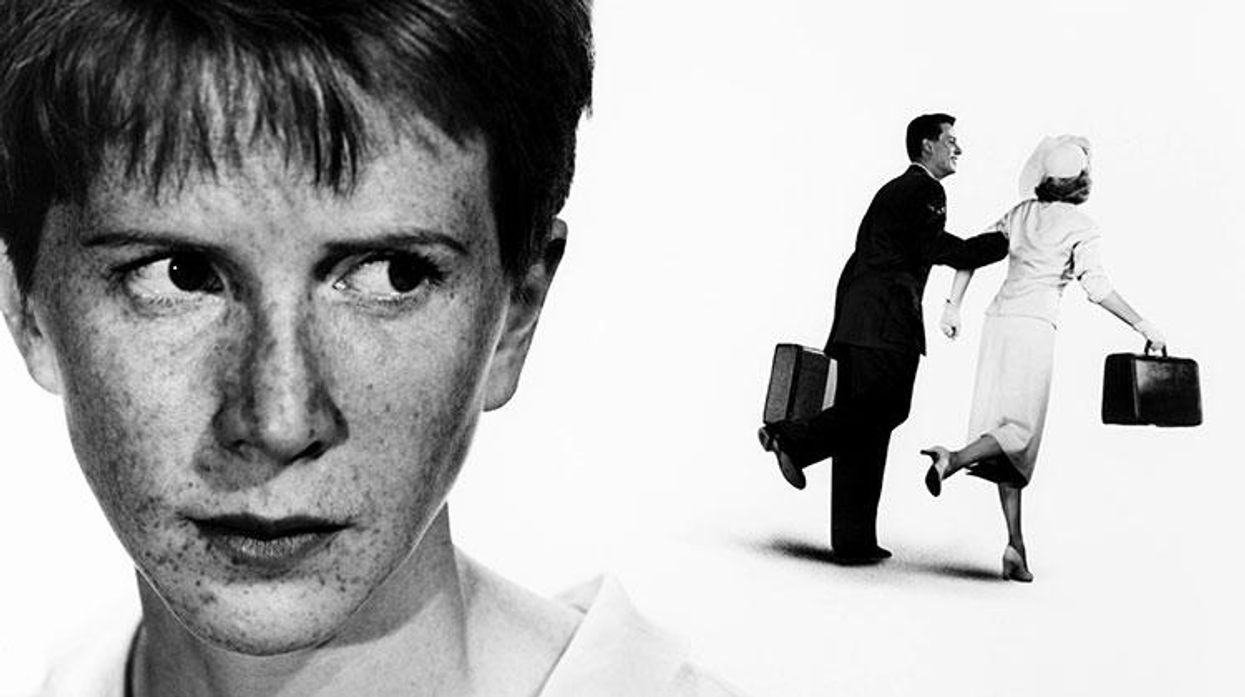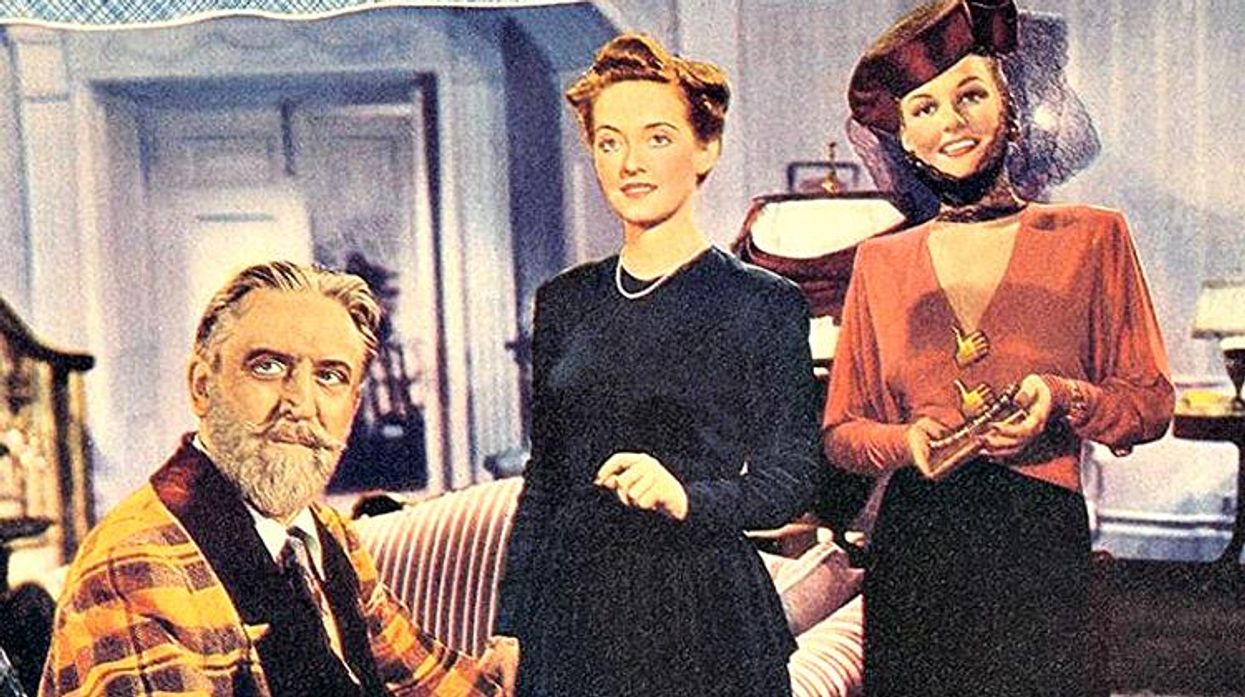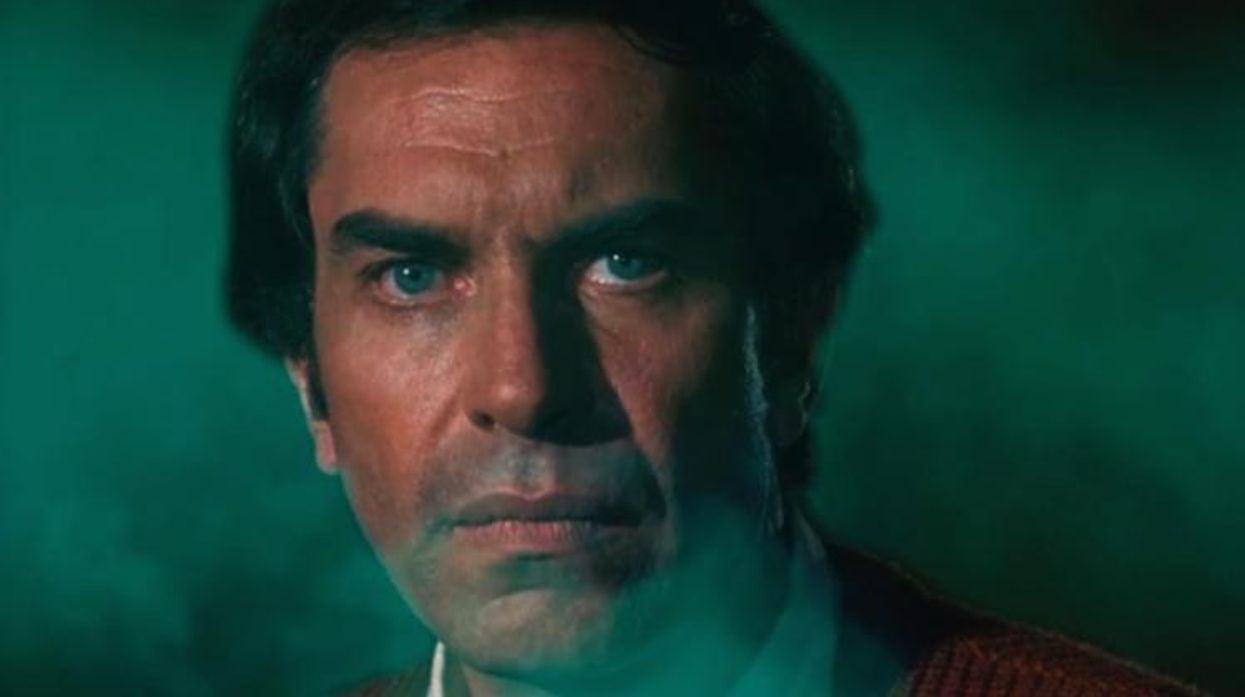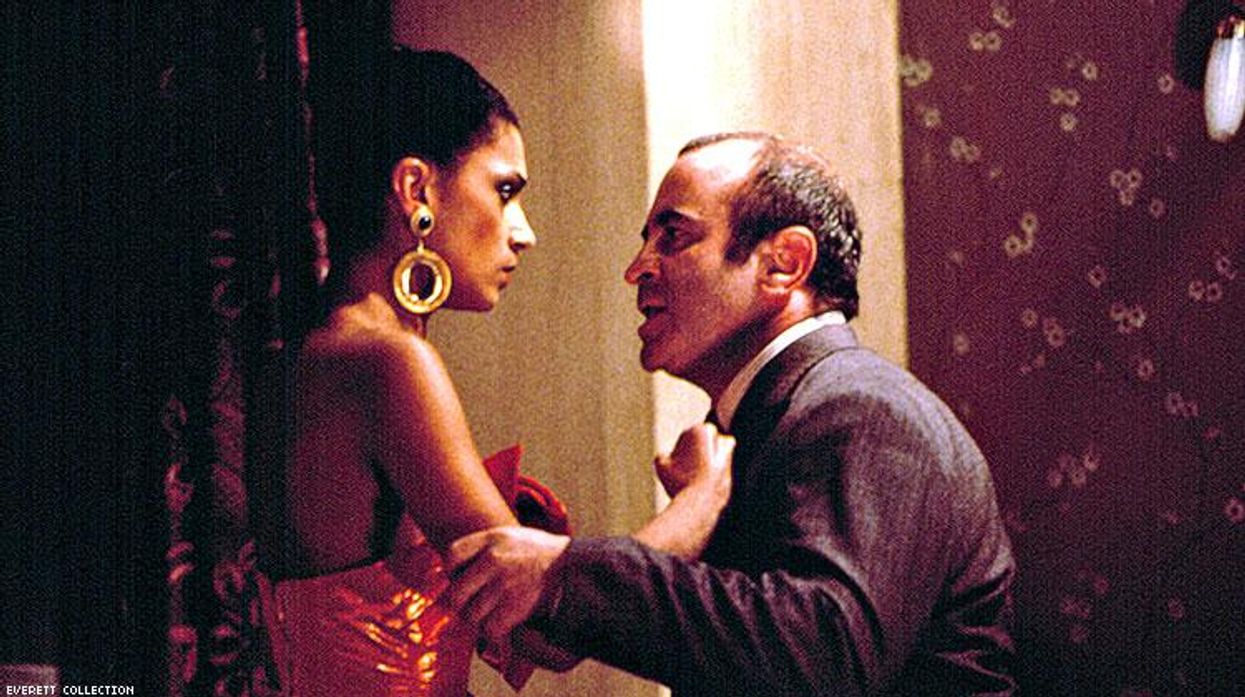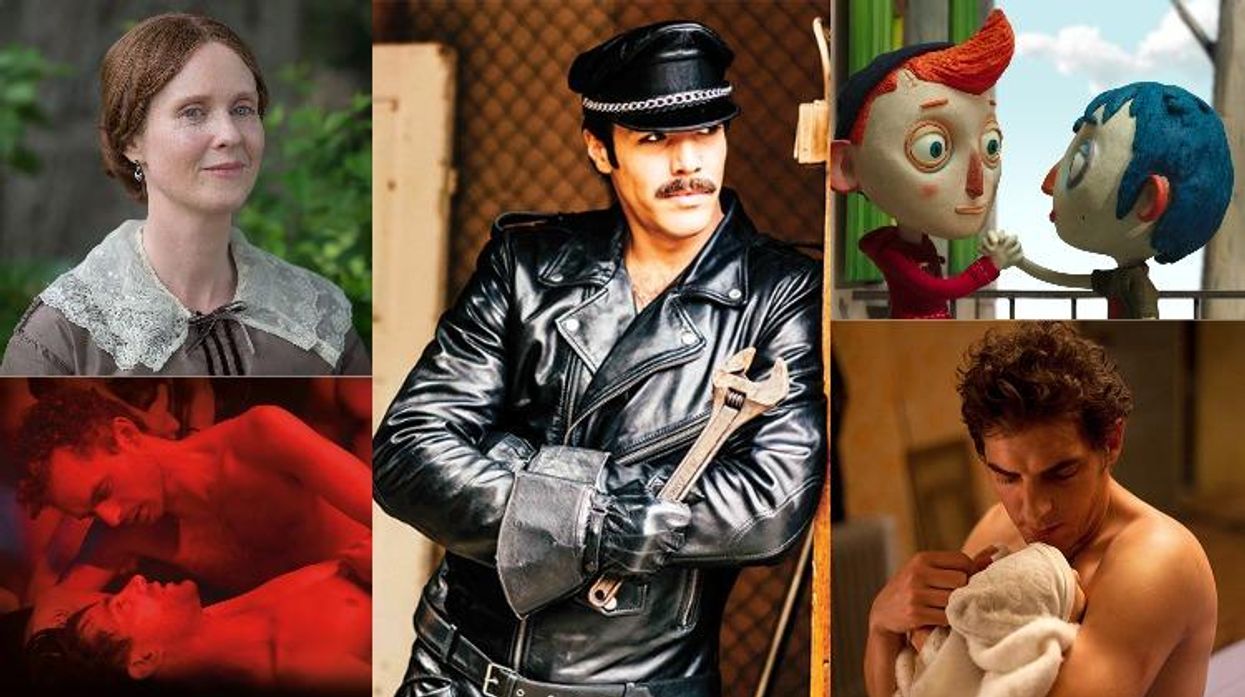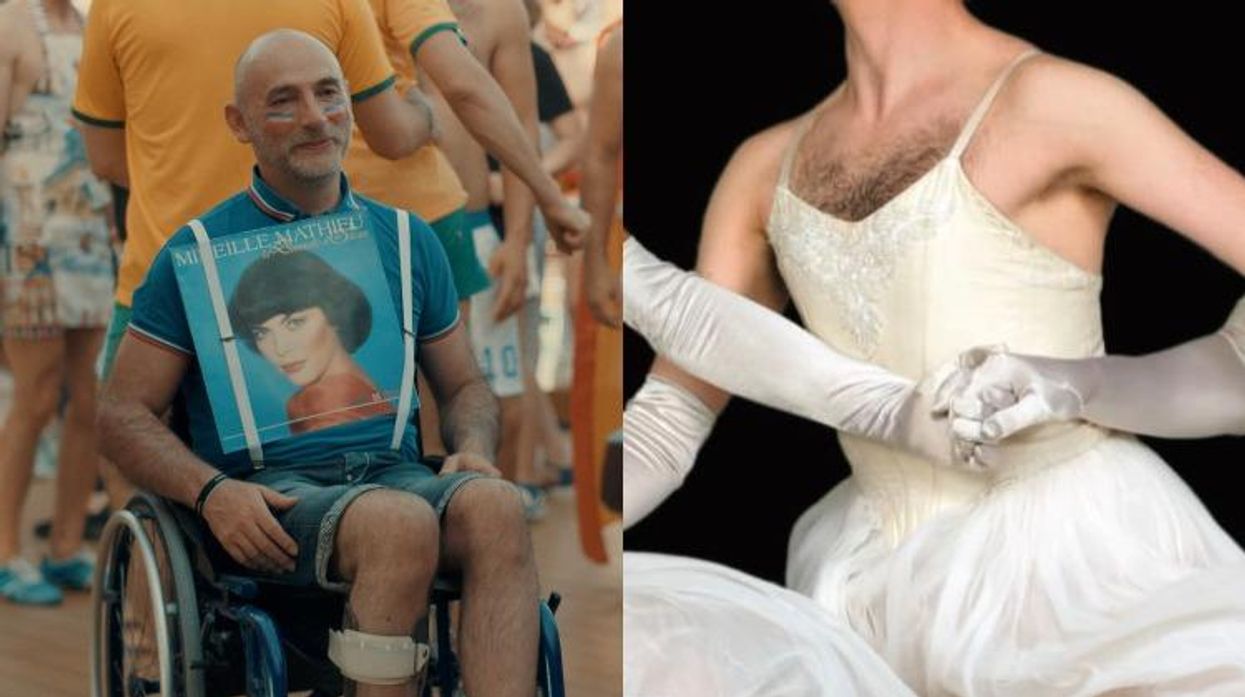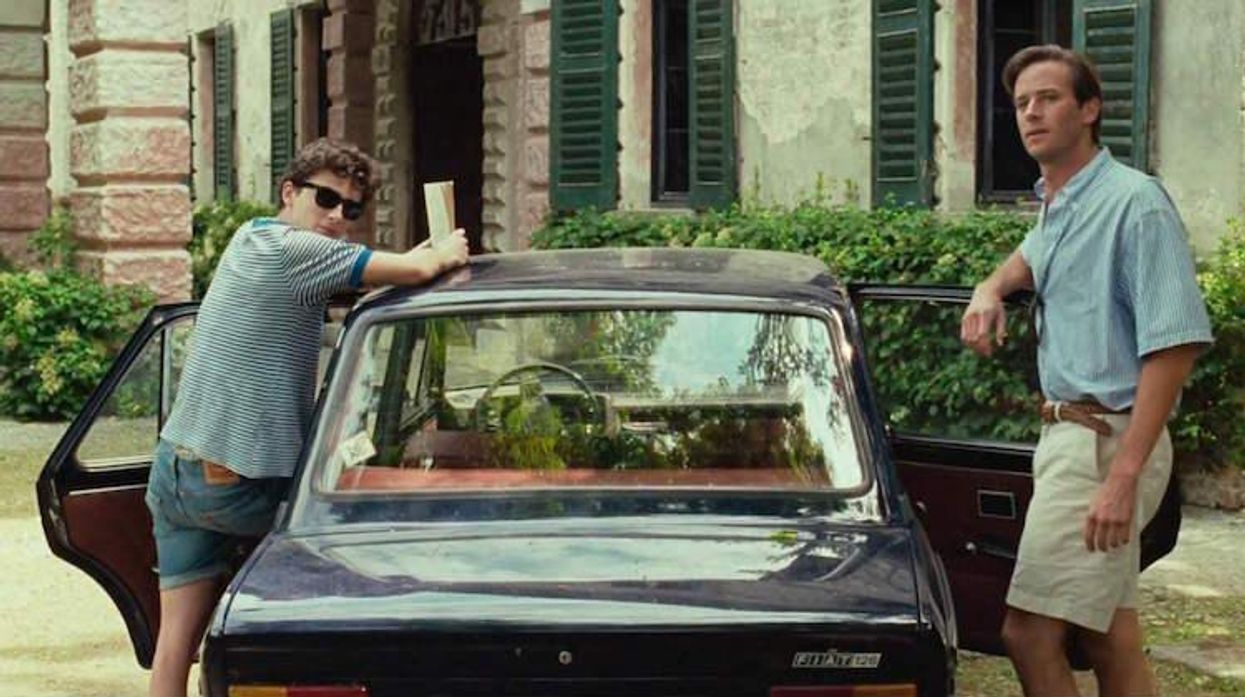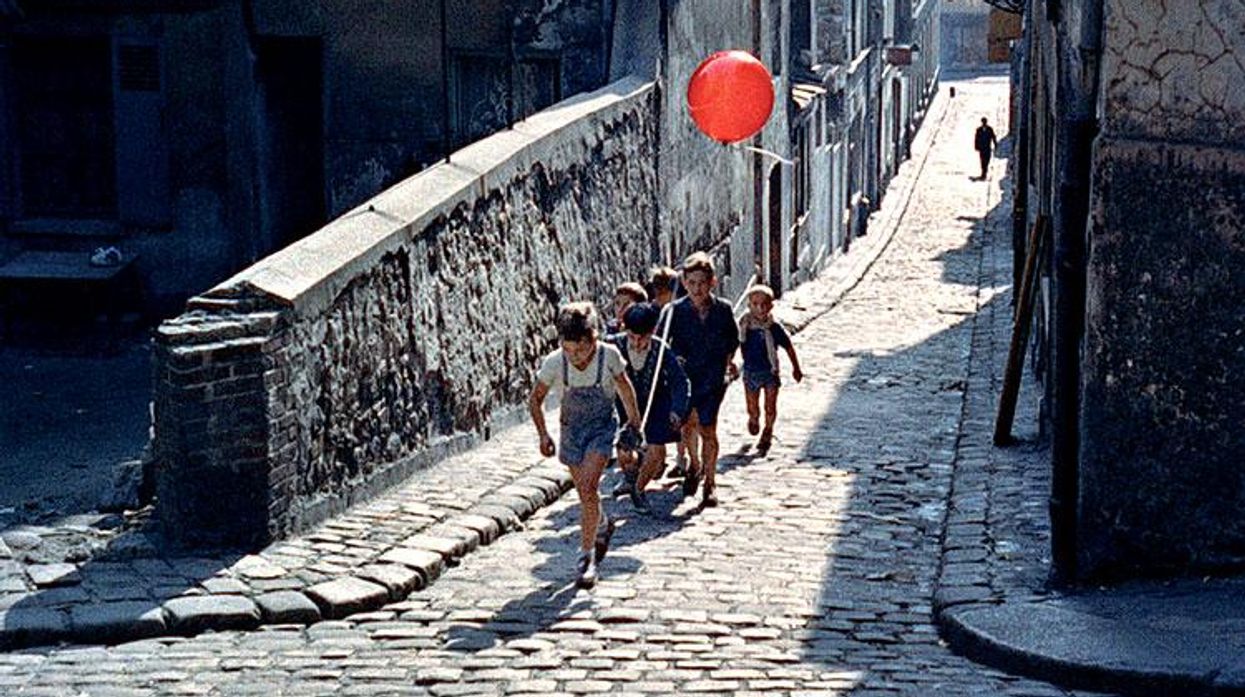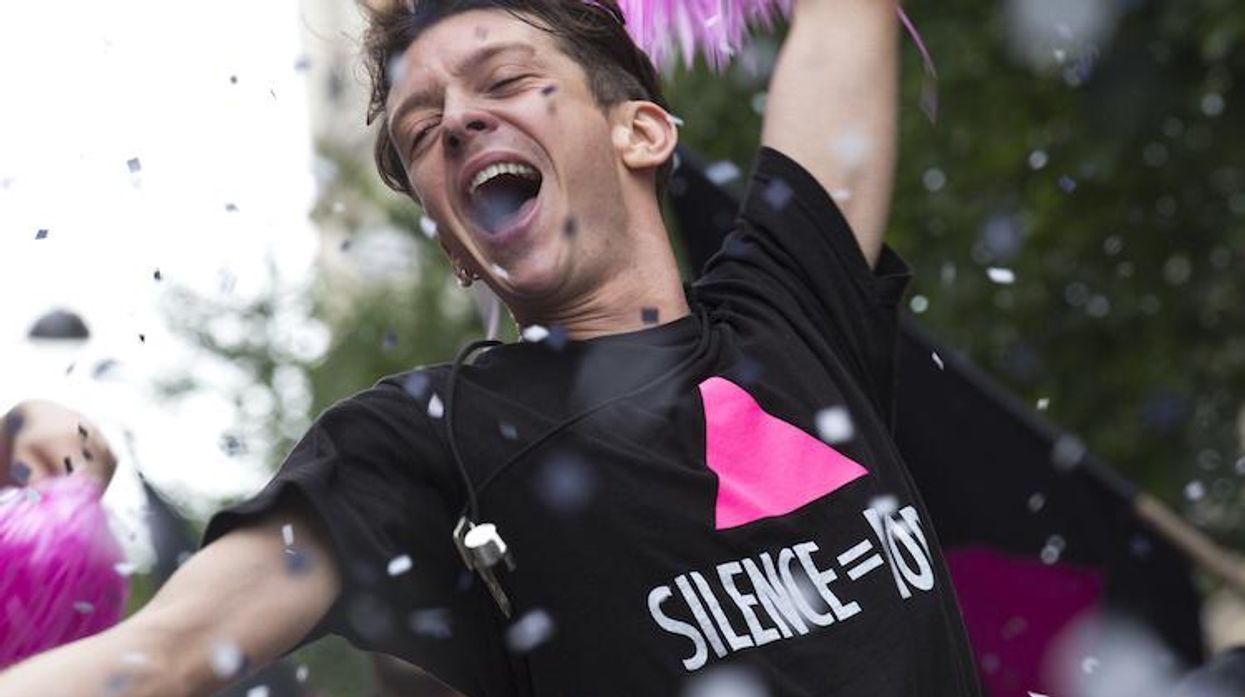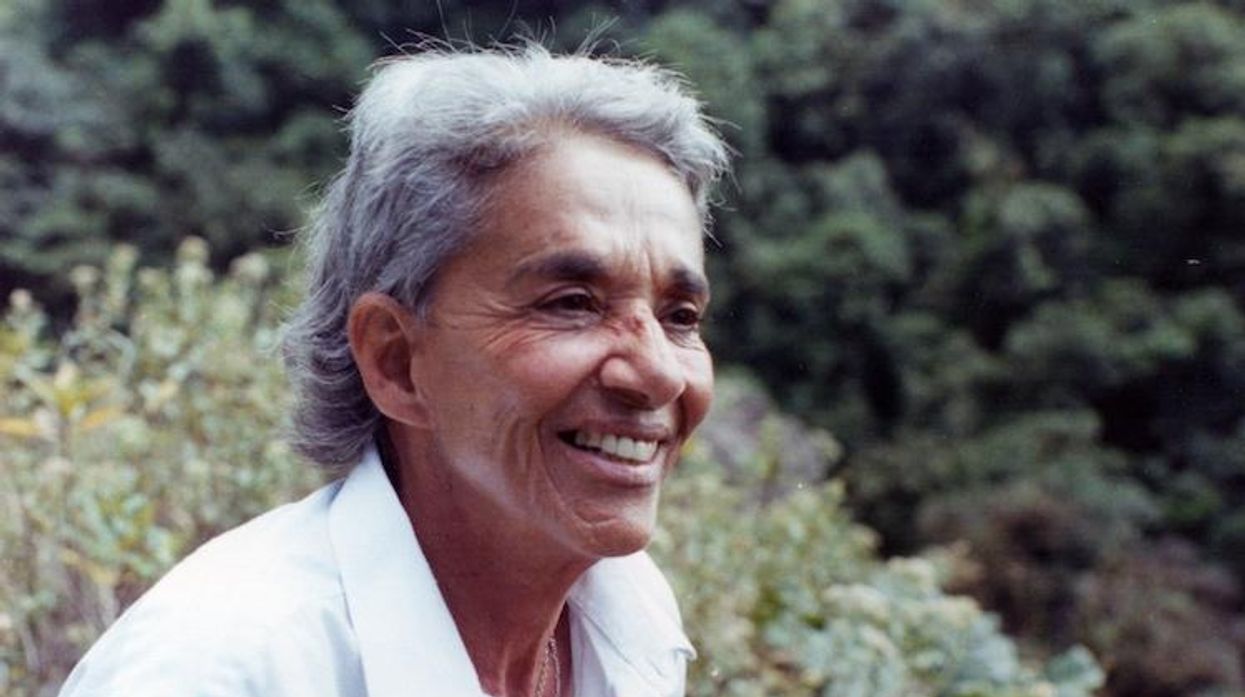From Afar, a new john-and-hustler film by Venezuelan director Lorenzo Vigas, questions the basis of gay desire. Middle-age dental technician Armando (Alfred Castro) picks up teenage street thug Elder (Luis Silva), one of the youths he pays to expose themselves while he masturbates. Despite their class and age differences, Vigas brings them together through emotional needs--not just sexual attraction but psychological dependence.
The fact that From Afar won the Golden Lion for Best Movie at last year's Venice Film Festival would seem to legitimize Vigas' proposition, even though the film's story tends to support recently discredited theories about pathological gay behavior. Armando's self-absorbed ("don't touch") obsession parallels Elder's violent homophobia. As victims of social pressure, they both seem subject to sexual repression. Or are they?
No doubt the Venice jury liked the idea of exposing money as a social lubricant, where even human relations are part of supply-and-demand economics, but Vigas glides past that typical notion (which was used more powerfully and comprehensively in Robin Campillo's Eastern Boys) to focus on a more despairing political critique. Armando and Elder suffer opposing forms of degradation; they pursue gay sex as a result of the political oppression common to South American dictatorships. (Like Pablo Larrain's Tony Manero also starring Alfredo Castro).
From Afar could be dismissed as simply another example of the political cliches favored on the international film festival circuit if its tale of gay self-denial wasn't occasionally affecting. From Afar is almost a gay urban Aesop's Fable in which an older man helps a younger man's social progress and initiation into sexual self-acceptance. But as the film's title suggests, Vigas distances himself from that sentimentality and becomes more frustrating.
Brutal, callous Elder describes his "shit life" but Armando's submissiveness and money soften his attitude to the point that Elder responds erotically then criminally--even promising to avenge Armando's own father-figure issues. Scenes of their growing intimacy (Elder buys a new car, introduces Armando to his mother) are touching but puzzling. Vigas' remote style (distant images slowing coming into focus like the gimmick in Son of Saul) means that the characters are also unfocussed.
In Sixties masterpieces like Accatone and Mamma Rosa, Italy's gay filmmaker Pier-Paolo Pasolini was less sexually explicit than From Afar, yet Pasolini observed the gay sexual subtext of Italy's low-lifes more sharply, deeply and affectionately. Jean Renoir's 1931 La Chienne (newly restored on a Criterion DVD) shows some similar insight when the crime plot's lower-class sexual integration reveals a larger humane philosophy.
Vigas takes advantage of today's politically progressive attitudes toward gay identity. Armando and Elder's daddy/boy frisson supports Jacques Lacan's questionable theory that gay attraction is based on a sense of psychological "lack." But then From Afar resorts to a socially demoralized vision that condemns both Armando and Elder. Vigas needs to hear George Michael's "Father Figure" and grow a heart.
From Afar is now playing at Film Forum. Watch the trailer below:







